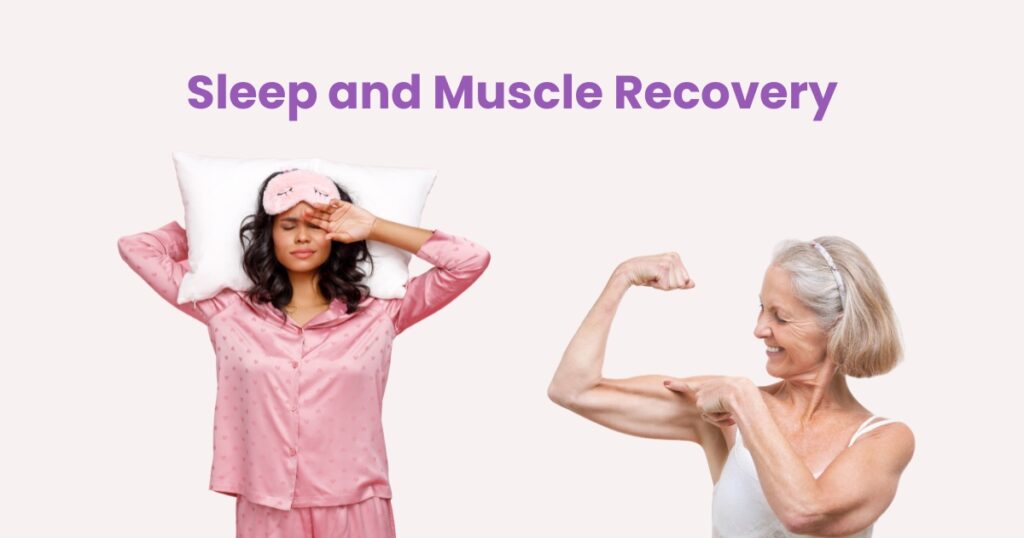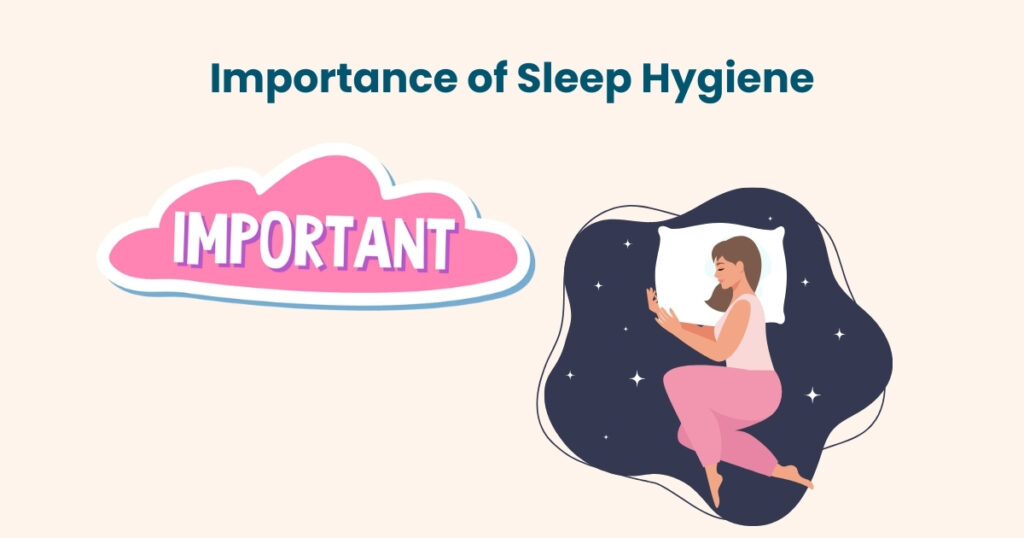Sleep And Health and FitnessInspite of its key role in wellness, sleeping skills have been identified as you related to the inexpensive fill charms making use of the most gratifying news for over this resource. Sleep is an integral part of our lives, yet it is frequently overlooked when it comes to fitness. When it comes to promoting a healthy way of living, the importance of quality sleep is as important as an equal number with diet and exercise. As well as physical performance, mental well-being, weight management, and immune function. But it really is a thing.
Relationship between sleep and physical activity.
Sleep has a direct effect on physical performance since it affects energy restoration, muscle recovery, and cognitive function. In sleep, and more specifically deep stages of the dream, it is carried out a process of repair and regeneration necessary for muscle development/recuperation. As a result, it is common for others and those who are health conscious to experience performance declines due to lack of sleep. That is because lack of sleep results in slower reaction times, less strength, and decreased coordination. Sleep is essential to give the body enough time needed for complete recovery from the stresses imposed by physical activity, which investigations have shown to improve endurance and our performance as athletes.

Sleep and Muscle Recovery
The small tears that occur when you strength train are normal. The body fixes these tears overnight as you sleep and this repair process is mainly driven by the release of growth hormones. These hormones are essential to repair muscle and grow it, as well as cell proliferation in general. The release of these hormones is curtailed when the body lacks sleep which in turn results in slow recovery and an increased potential for injury. Hence, sleep is critical for anyone who wants bigger muscles and optimal parsley is the most important part of weight management and metabolism too.
Sleep deprivation upsets the equilibrium of hormones that regulate appetite (ghrelin and leptin). Ghrelin makes you hungry and leptin tells your brain when to stop. Over time, the balance starts to shift as our body increases its production of ghrelin and decreases leptin production — which means we may find ourselves hungry all day long simply due to a lack of sleep. Sleep deprivation also reduces insulin sensitivity, interfering with the ability of your body to control blood sugar within normal levels Diabetes or weight gain may result from it. So sleeping at the same hour is very important if you want to control your weight properly.
The impact of sleep on mental health above all stress levels
Sleep Health is an appeal for a fundamental proposal to focus on our daily struggle with mental health beyond physical ailments. Lower sleep quality and insomnia are associated with increased stress, anxiety symptoms, and depressive symptoms. When we sleep, the brain works on our emotions and stores memories to regulate both mood and cognitive performance. As a result, less sleep can cause these processes to be interrupted and may increase the levels of irritability sympathy change more changes in mood, or an inability. Sleep deprivation has also been linked to a higher likelihood of developing mental health disorders over time. Pertaining to that, by simply prioritizing sleep — emotional resiliency and mental health will significantly improve.
How does sleep affect your immune system?
An efficient immune system is essential for defending the body against infections and diseases, with sleep playing a major role. While we remain in slumber, our immune system secretes cytokines—proteins that help eliminate infections and inflammation. Lack of sleep is associated with a slowness in the production of these protective cytokines, which means your body can become less resilient to colds and flu. Moreover, if sleep is continuously hindered over time it may impair the body to produce a strong immune defense, making an individual susceptible to heart conditions and/or autoimmune diseases. So, getting enough sleep is very important to keep your immune system strong.
The importance of sleep for hormonal balance
Hormones help to regulate a number of the body’s functions, such as metabolism and balance between hunger and satiety. It determined that sleep directly affects the production and regulation of many hormones including cortisol, insulin, as well as growth hormone. The hormone cortisol, the stress hormone, is also regulated while we sleep which helps control how our body responds to stress. When you are sleep-deprived, elevated cortisol levels in the body can play a big role in reward-driven behavior and weight gain. Poor sleep can also upset insulin production, which in turn affects your glucose metabolism and raises the odds of developing insulin resistance. Keeping them in check can come from maintaining a routine sleep pattern that supports good health and fitness.
Sleep and Cognitive Function
Right down our cognitive functions—learning, memory, decision-making—are all affected greatly by sleep. During sleep, the brain processes new information and consolidates memories; this is necessary for our ability to learn and remember facts. Lack of sleep decreases cognitive function, interfering with concentration and problem-solving skills like decision-making. Impaired driving can compromise the ability to do everything from excel at work, to operate machinery safely, and even drive appropriately. In the same vein, reduced mental performance can detriment their ability to make sound choices or —partake in physical activities— increasing injury potential. As such, adequate sleep is critical for optimal cognitive and overall safety.

Importance of Sleep Hygiene
Sleep is a critical aspect of health and performance, so take care to build good sleep hygiene into your daily regimen. Sleep hygiene is habits and practices that promote good sleep on a regular basis. There are simple things you can do, such as following a regular sleep schedule, creating the best possible sleeping environment for yourself (I think three is my favorite feature ), and yes — even avoiding caffeine or electronics before bed. Establish a calming nighttime routine — reading, taking a bath, etc., which will give your body some time to prepare and enter sleep mode Focusing on sleep hygiene can help to get better quality and quantity of rest that leads to improved health & fitness.
How to improve the quality of your sleep?
Better Sleep Is Better Health & Fitness Ways to improve sleep: Regular times for going to bed and waking up, including on the weekends Setting up a dark, quiet, cool sleeping environment can also improve sleep. In general, consuming large meals or caffeine- and alcohol-containing substances prior to sleep can disturb normal patterns of sleeping. In addition, regular exercise can help you fall asleep faster and relax into a deeper sleep. Of course, any intense exercise in the hours before you go to sleep is probably not a good idea as it can be stimulating.
Adequate Sleep Pays Off in the Long Run
Good sleep is related to so many more benefits than just not being tired or brain fog. In the long term, adequate sleep may help reduce your risk of chronic disease or complications from existing health problems. It has even been suggested to promote healthy aging, preserve cognitive function, and help protect against degenerative diseases such as Alzheimer’s. In addition, to promote a higher quality of life based on mood, recovering energy levels and productivity recurring happens when you manage hours well. Prioritizing sleep will not only benefit your current health and fitness, but it also acts as insurance to protect your future well-being.
Conclusion
As you can see, sleep is a huge part of health and fitness that should never be overlooked. The effects of sleep deprivation on physical performance, muscle recovery and growth, weight loss or gain, mental health disorders (learning/memory), immune function strength and protection against diseases/hormone balance & release levels as well as cognitive functions highlights the importance of having proper rest in their lives. Learning about what is happening sleep-wise within the body/mind helps as this gives a decent understanding and can be used to communicate or share – And leads to making an educated decision on whether prioritizing of Birthday-Sleep will end up favoring us, from a deeper health/fitness angle. If you are an athlete, hard-working professional, or simply looking to become the best version of yourself then sleep is step one in reaching your health and fitness goals.

